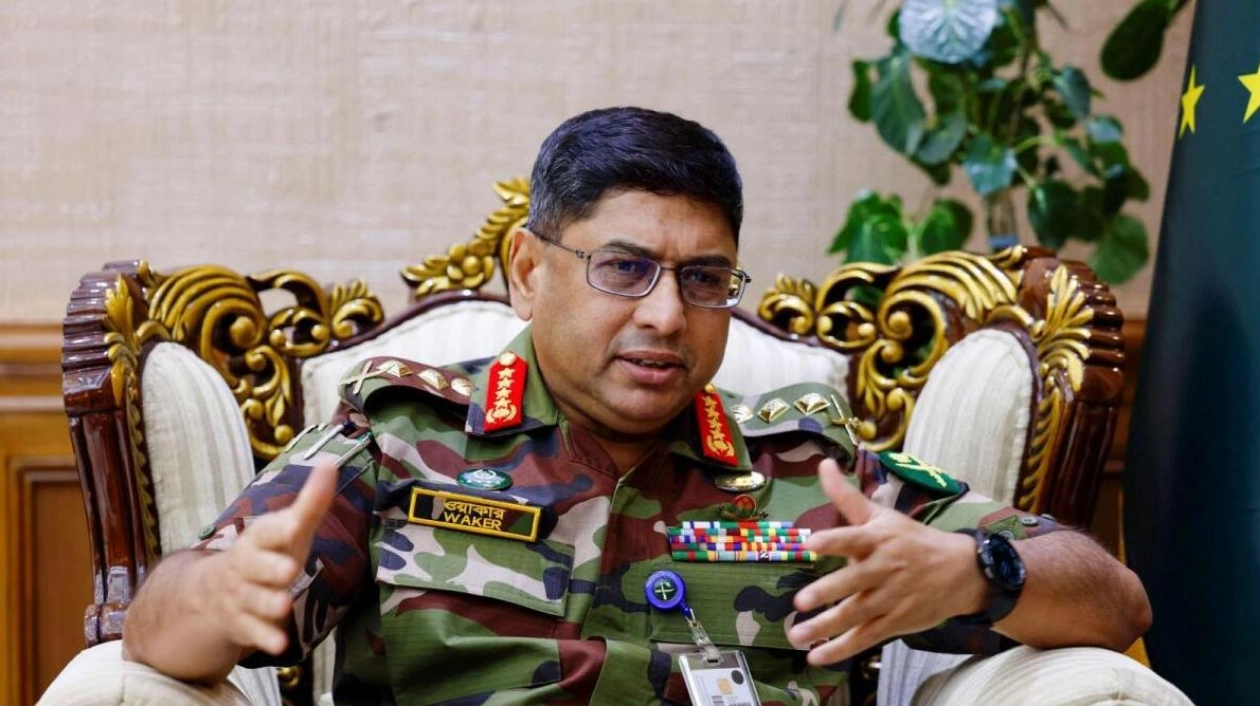Bangladesh's army chief pledged unwavering support to the country's interim government, vowing to assist in crucial reforms following the ouster of Prime Minister Sheikh Hasina, with the aim of holding elections within the next 18 months.
General Waker-uz-Zaman and his troops refrained from intervening in early August during student-led protests against Hasina, leading to the resignation of the veteran politician after 15 years in power and her subsequent flight to neighboring India. In a rare media interview, General Zaman expressed his full backing for the interim administration led by Nobel laureate Muhammad Yunus and outlined a strategy to reduce political influence within the military.
Yunus, a pioneer in the global microcredit movement, has committed to essential reforms in the judiciary, police, and financial institutions, setting the stage for a free and fair election in the nation of 170 million people. General Zaman, who assumed the role of army chief just weeks before Hasina's ouster, suggested a transition to democracy should occur within a year to a year-and-a-half, emphasizing the need for patience.
Bangladesh's two main political parties, Hasina's Awami League and the Bangladesh Nationalist Party, had both previously demanded elections within three months of the interim government's establishment in August. Yunus, as the interim administration's chief adviser, and General Zaman meet weekly, maintaining strong relations, with the military supporting the government's efforts to stabilize the country after a period of unrest.
The army has taken on law and order duties nationwide as the police, numbering around 190,000 personnel, remain in disarray. General Zaman, a career infantry officer, assured that the Bangladesh Army under his leadership would not intervene politically. The army is also addressing allegations of misconduct by its personnel and has already taken action against some soldiers.
The interim government has established a five-member commission to investigate reports of up to 600 people who may have been forcibly disappeared by Bangladesh's security forces since 2009. In the long term, General Zaman aims to distance the political establishment from the army, which has over 130,000 personnel and is a significant contributor to United Nations peacekeeping missions.
Bangladesh's armed forces currently fall under the defense ministry, typically controlled by the prime minister. General Zaman suggested that constitutional reforms under the interim government could potentially amend this arrangement, ensuring the military is not used for political purposes.






